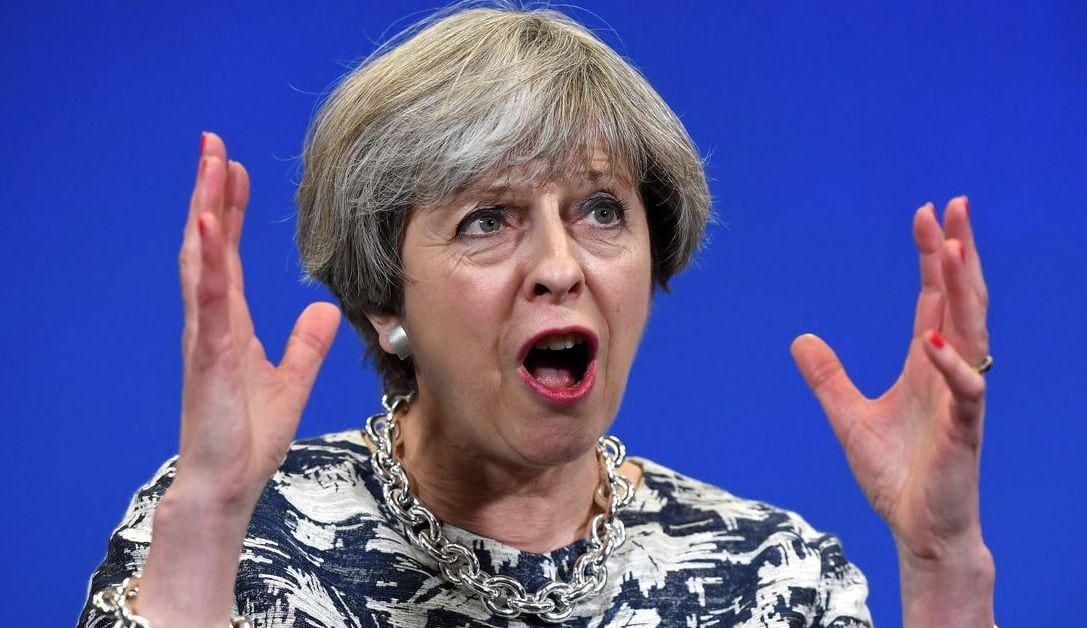Students lobby MPs on Fallowfield crime
Students have been urged to contact their local MPs in a bid to make Fallowfield’s streets safer.
Student anxiety about crime in Fallowfield prompted University of Manchester student Louis O’Halloran to email Manchester Gorton MP Afzal Khan.
After he was mugged outside his house and had an allegedly poor experience with the police, he then created a template email which he posted on Fallowfield Students Group on the 18th of February 2018, urging students to use it to contact their MPs to spur action.
O’Halloran stated: “Despite a petition to the Mayor of Manchester, these stories have not slowed down… My hope is that by contacting MP’s we can get something done.
“I’ve asked everyone I know to email, both relatives from around the country and for students to email their home and Fallowfield MPs.
“The hope is that by contacting MPs directly Fallowfield will receive greater attention and take meaningful steps towards making the country’s largest student community safer.”
He is urging police to follow through properly on reported crimes, as well as stressing that more street lighting and security cameras should be installed to deter criminals in crime hotspots.
O’Halloran’s last demand was for the police to improve their relationship with students, by talking directly to them and teaching them tips on what to do if they find themselves in dangerous situations.
Chief Inspector Helen Caldbeck from Greater Manchester Police (GMP), told The Mancunion that GMP consider “Students [to be] a vital part of our community and we want them to feel safe where they live and study. We will continue to work alongside key agencies to ensure this remains a priority for us.
She confirmed that they meet with the University regularly, as well as the local council and other public bodies to discuss strategies on how to improve safety in student areas.
She continued: “we have dedicated student safe patrols and have strong links with each of the universities and works throughout the academic year to look after them through early intervention and targeted patrols. This is supported by security staff at the universities and Manchester City Council. We also give a talk to students at the beginning of every academic year, giving advice on the issues that we know are most affecting people.”
Rebecca Neary, a student at the University of Manchester, thinks contacting MPs is a good idea, however, feels the responsibility for keeping University of Manchester students safe falls on the university itself.
She told The Mancunion that she hopes that if enough students were to email, then this pressure would stimulate a response, and perhaps MPs and the university could cooperate.
Neary added that she believes resources should be spread, as they are unevenly distributed in Fallowfield, with most security concentrated in University halls, neglecting older students who live in private housing.
In response, a University spokesperson said, “the University takes student safety extremely seriously. By working closely with the local community, maintaining excellent relationships with the police and through our own security staff, we take a proactive role in crime reduction and prevention.
“We have a number of measures in place to ensure students can feel safe and report any problems, including the free student shuttle bus and We Get It campaign. However, our students’ safety is always paramount and we will continue to work with the Students’ Union and other relevant stakeholders to develop our provision in this area.”
In October 2017, Matt Harvison created a petition which demanded increased police presence and strategies to combat crime in Fallowfield.
It received nearly 10,000 signatures, demonstrating the attitudes and feelings of students towards crime taking place on their doorstep. This was to be presented to representatives from the local council and Greater Manchester Police.
A Night Owl Scheme was proposed by Jack Houghton, the Students’ Union Communities Officer, which will involve student volunteers patrolling the streets, but, as The Mancunion previously reported, it received mixed responses from students.
Many felt that for it to be effective, more people would need to get involved, and some questioned whether the student volunteers themselves would receive appropriate safeguarding.
CI Caldbeck from Greater Manchester Police suggested visiting the student safety page of their website to find out more.
The Mancunion contacted MP Afzal Khan for comment and are hopeful of interviewing him in the near future about student safety concerns in his constituency.

